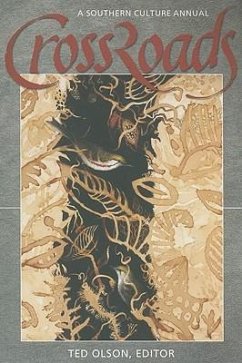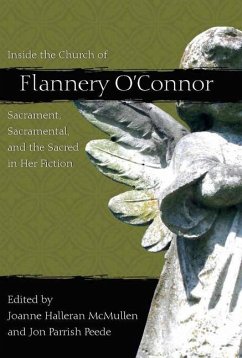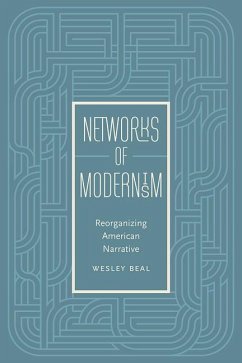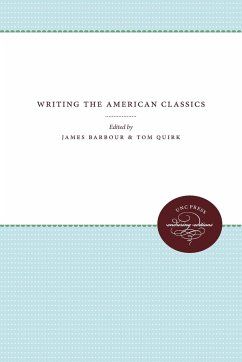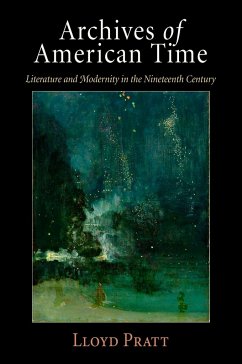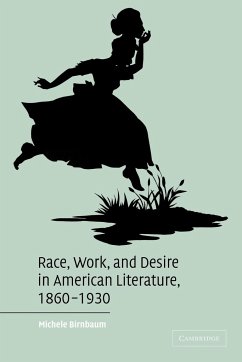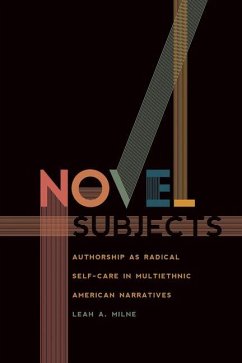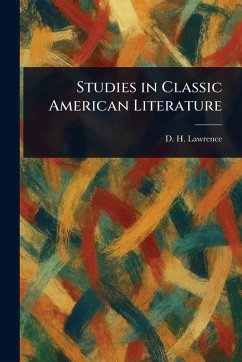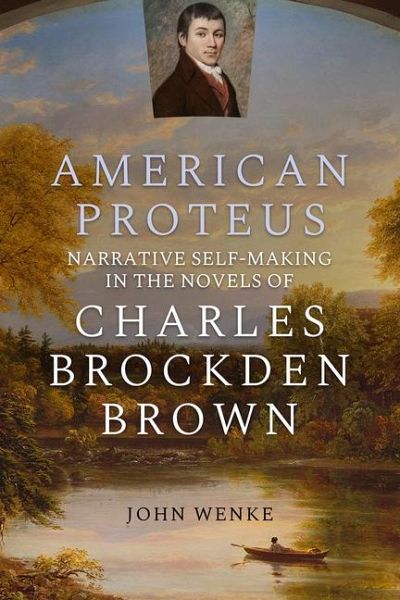
American Proteus
Narrative Self-Making in the Novels of Charles Brockden Brown
Versandkostenfrei!
Versandfertig in über 4 Wochen
26,99 €
inkl. MwSt.

PAYBACK Punkte
13 °P sammeln!
"AMERICAN PROTEUS seeks to explain what it means for Charles Brockden Brown (1771-1810) to have created out of his life-experiences and encompassing cultural milieu a novel kind of fiction for a new kind of country. As a work of biographical criticism, this study charts the emergence of Brown's authorial voice as it developed throughout an amorphous, multifaceted, and conflicted apprenticeship. This eleven-year period of literary experimentation established the foundation for his brief yet momentous career as a publishing novelist that lasted from 1798 through 1801. Throughout such novels as W...
"AMERICAN PROTEUS seeks to explain what it means for Charles Brockden Brown (1771-1810) to have created out of his life-experiences and encompassing cultural milieu a novel kind of fiction for a new kind of country. As a work of biographical criticism, this study charts the emergence of Brown's authorial voice as it developed throughout an amorphous, multifaceted, and conflicted apprenticeship. This eleven-year period of literary experimentation established the foundation for his brief yet momentous career as a publishing novelist that lasted from 1798 through 1801. Throughout such novels as WIELAND (1798), ORMOND (1799), ARTHUR MERVYN (1799-1800), and EDGAR HUNTLY (1799), Brown dramatizes how authorship and self-making constitute reciprocal processes. Throughout his novels, authorship appears variously as a compositional act, a histrionic activity, and an expression of political provocation and domination. This concern with authorship achieves its most complex manifestation via the agency of narrative self-making. From this perspective, the poetics and politics of self-making have distinct personal, cultural, and political ramifications, especially considering how Brown constructs synergistic versions of the "American Tale" out of the importation and transfiguration of transatlantic literary and ideational materials. By drawing on and reconfiguring Gothic and epistolary aesthetics as well as Enlightenment principles, Brown reveals how his subversive artist-figures reject ideological confinements of attending social forms, whether theological, cultural, or political. In their attempts to control the social stage, these incendiary antiheroes seek to challenge, disrupt, or destroy those"-- Provided by publisher.



